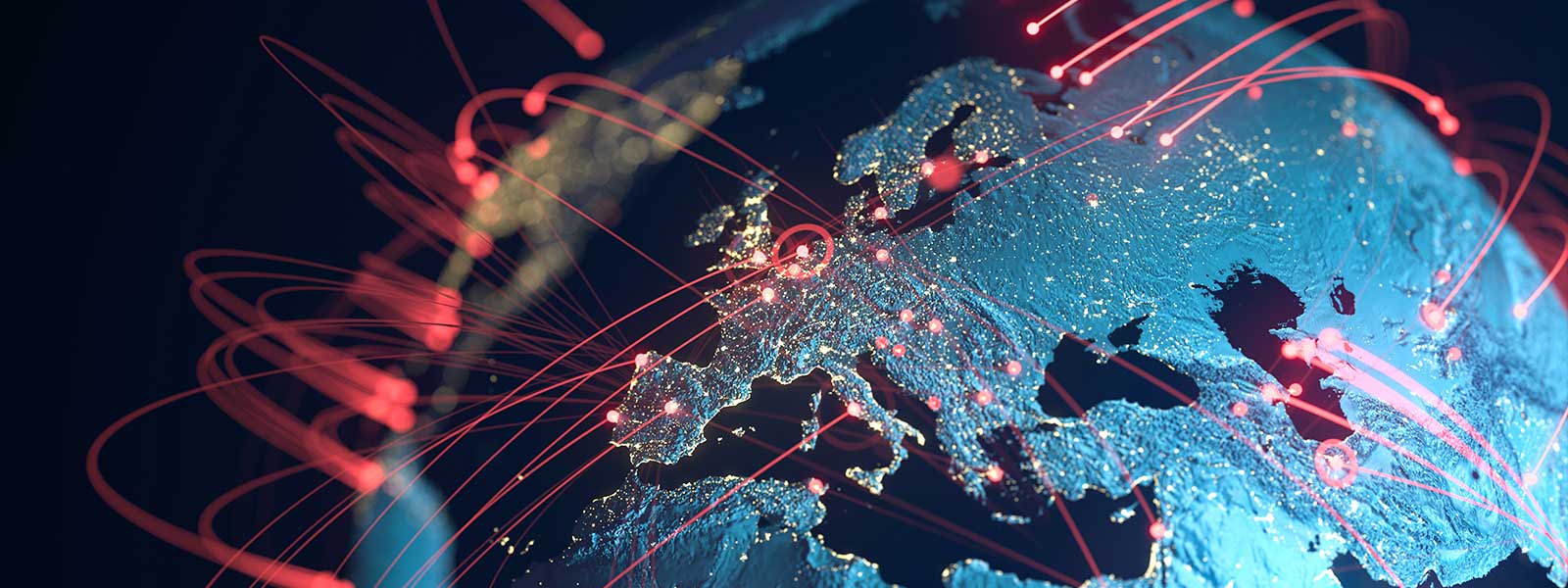Space Policy Pod Interview with Alex MacDonald
Chief Economist, Office of the Administrator, and Program Executive, International Space Station National Lab, NASA
ASCEND is an active advocate for laws, legislation, and regulations that encourage innovation and eliminate barriers to progress toward our off-world future. In this conversation with AIAA Policy Director Steve Sidorek, NASA Chief Economist Alex MacDonald discusses the success of the International Space Station (ISS) as a proof of concept on many levels for expanding the space economy. MacDonald shares some insights on the NASA authorization bill language that includes extension dates, and outlines arguments for continuous human presence in low Earth orbit (LEO).
Read the top takeaways, and click the button below to listen to the entire conversation.
Key Takeaways
The ISS as the center of our human spaceflight economy
As an economist, MacDonald sees the ISS as a central economic node for development of commercial human spaceflight. Without the ISS, we would not have a demand driver to develop commercial cargo capabilities and the demand driver to develop commercial crew capabilities such as the recently launched NASA’s SpaceX Demo-2 mission.
Using the ISS as a platform for science research and development
The ISS National Lab has enabled a quiet revolution for a decade, since the 2010 NASA Authorization Act. MacDonald outlines the work of the National Lab and how its projects can come from many agencies, academia, schools, and companies pursuing their own research by using microgravity to create new products.
MacDonald discusses the independent review findings recently published on the ISS National Lab. He highlights the core findings that showed the National Lab is not self-sufficient in generating independent revenue but rather as a multi-user facility of a National Lab of the ISS itself.
Extending the ISS beyond 2024
MacDonald shares some insights on the recent NASA authorization bill language that includes extension dates and outlines arguments for continuous human presence in LEO such as using the ISS to test deep space ecosystems and its commercial value. He discussed recommendations from a codeveloped report for the National Space Council by NASA, Department of State, and Department of Commerce that laid out a strategy for human presence in low Earth orbit.
Commercialization of LEO and the role of the National Lab
MacDonald discusses the role of the National Lab in the transition of the ISS to commercial operations and the value in considering a LEO National Lab. He outlines two reasons that we have yet to see the transition of the ISS operations itself to commercial operations. These reasons include the complex enterprise operating the station (comprising the NASA Johnson Space Center, Boeing, and other countries) and costs involved in conducting the transition, as well as whether new revenue streams would generate enough revenue to operate the space station.
Exciting areas for the ISS
MacDonald discusses exciting possibilities in LEO commercialization involving astronaut missions using commercial crew capabilities, Axiom’s proposal for a private habitat module, and a solicitation NASA will release for a free flyer. MacDonald also highlights in-space production as an area of focus going forward for the National Lab and ways NASA is stimulating such growth.
The role of international partners in ISS commercialization
Russia and Japan have used their resources for commercial research and operations aboard the ISS. The real question is how the partnership structure will transition to a commercial platform. MacDonald discusses options of payment, and how the United States as a whole of government will tackle this challenge.




